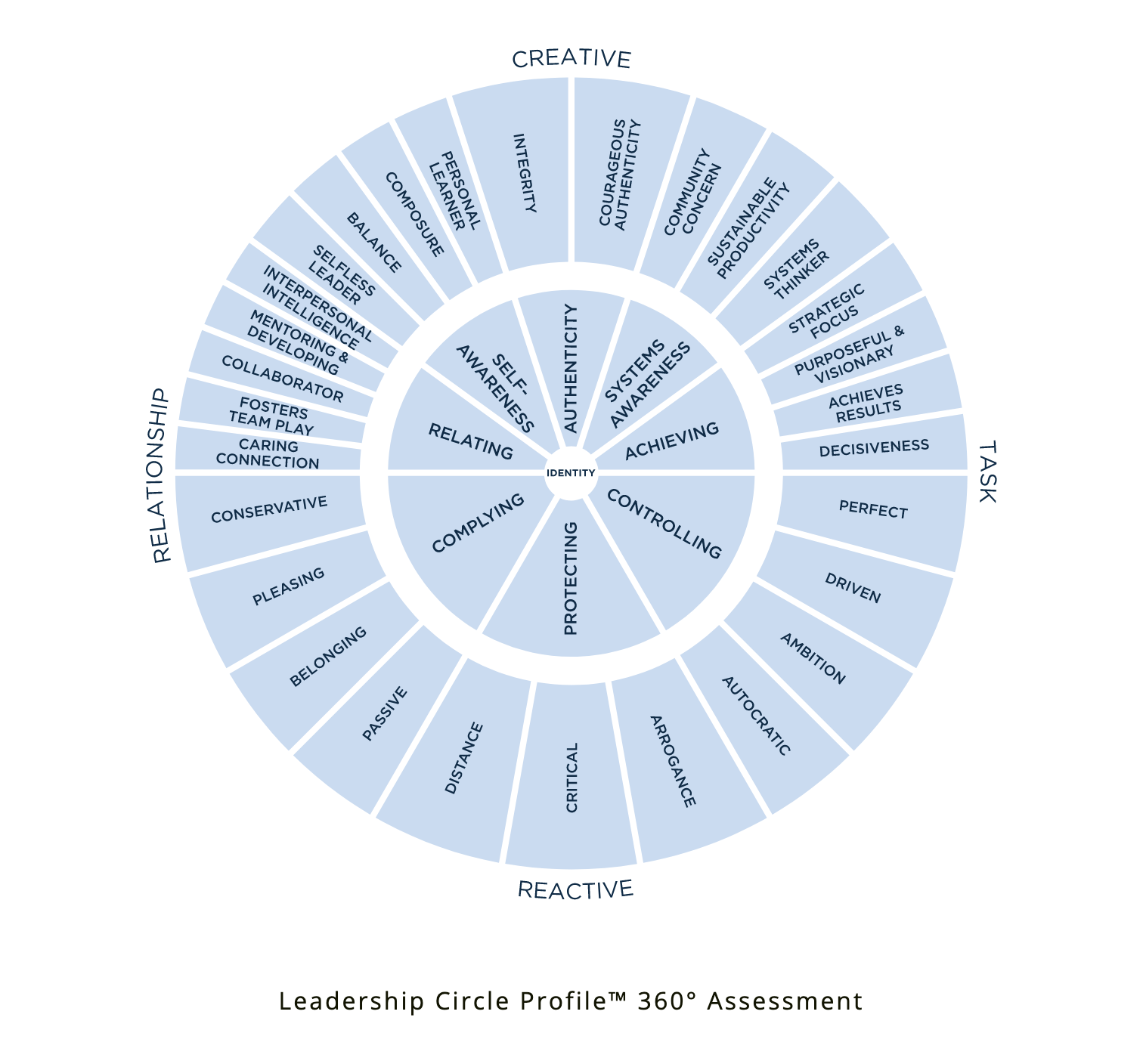As a professional field where women are especially well represented, the meeting- and event-planning niche provides good opportunity for women to show that their abilities would apply to roles above and beyond their present position. Furthermore, for female planners who seek to use their current role as a stepping stone to take on greater responsibility in an organization, a trio of studies provides additional fuel for their aspirations.
This article on Forbes.com cites all three studies as Kevin Kruse, a veteran organizational leadership consultant, makes the case for companies and associations to move towards having a significant amount of female leadership. First, a 2016 report called Ready-Now Leaders from the Conference Board found that organizations that are at least 30 percent female in their managerial and executive ranks are 12 times more likely to be in the top 20 percent of financial performance in their industry.
A 2022 study—this one from IBM—found that organizations identified as gender-equity leaders reported 19 percent higher revenue growth than others in the survey sample. And another recent study from a consultancy called Leadership Circle of 84,000 managers and executives plus 1.5 million colleagues who work with those leaders found that female leaders “show up more effectively” than their male counterparts across every level of management and every age level. Specifically, the research finds at least two areas where female leaders generally have an advantage over male leaders: cultivating authentic relationships with individuals and making strong connections within and across teams, resulting in better creativity in problem-solving; and “playing to win” versus “playing not to lose” in their approach to moving the business forward.
On the flip side, Leadership Circle’s data also reveals that, despite female leaders showing up more effectively, they underestimate their skills and influence to a greater extent than male leaders. Also, female leaders are “overloaded and overcommitted” to a higher degree than their male counterparts. The Forbes article says that “this underscores the need for women to learn how to see themselves authentically, and to learn how to talk about their strengths and advocate for themselves.”
For planners looking to better understand their own leadership style—and to be able to convey that understanding when seeking a promotion—the Leadership Circle report provides a profile assessment (see below).






